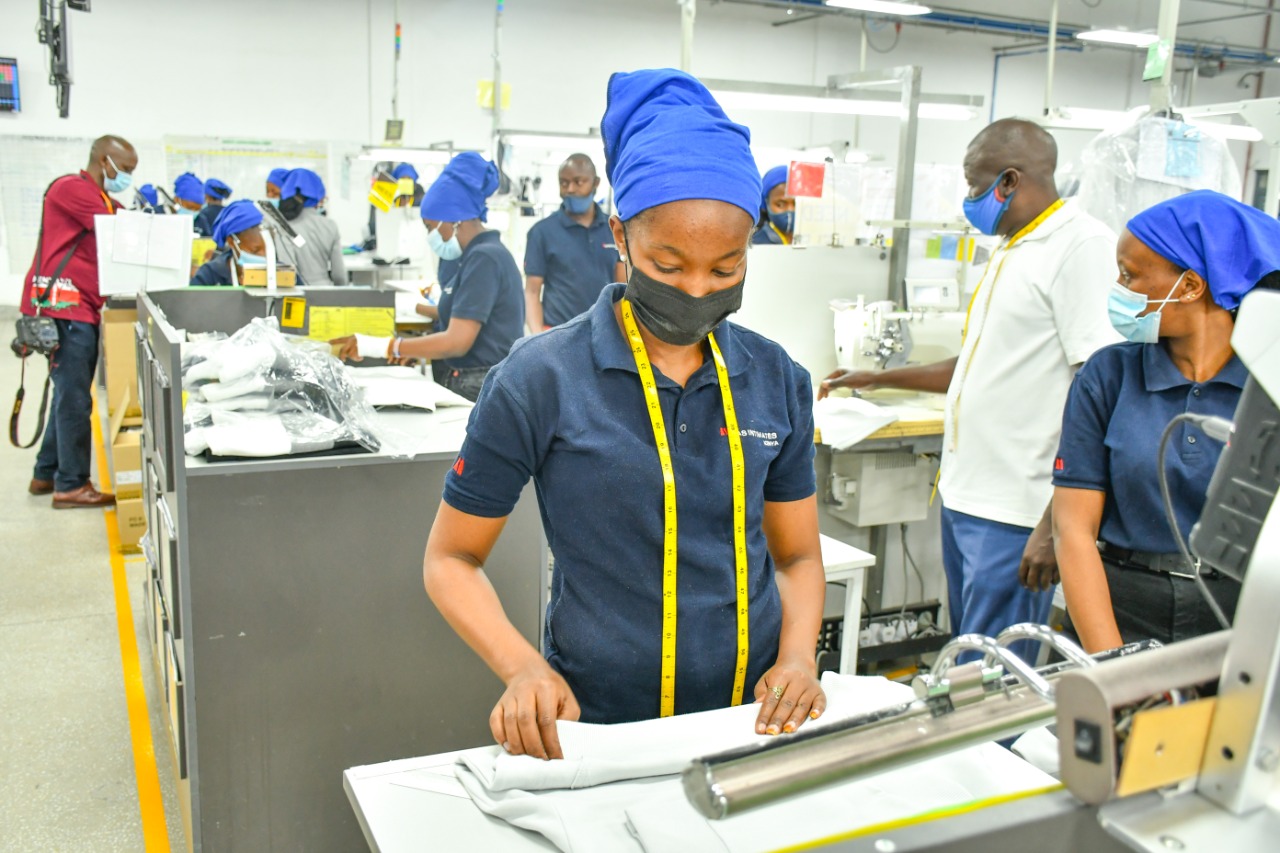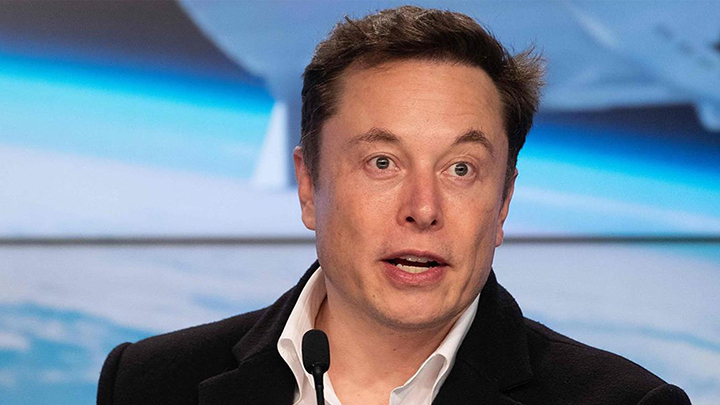Many Kenyans know very little about Export Processing Zones (EPZs) despite the critical part they play in generating job opportunities and development of the country’s economy.
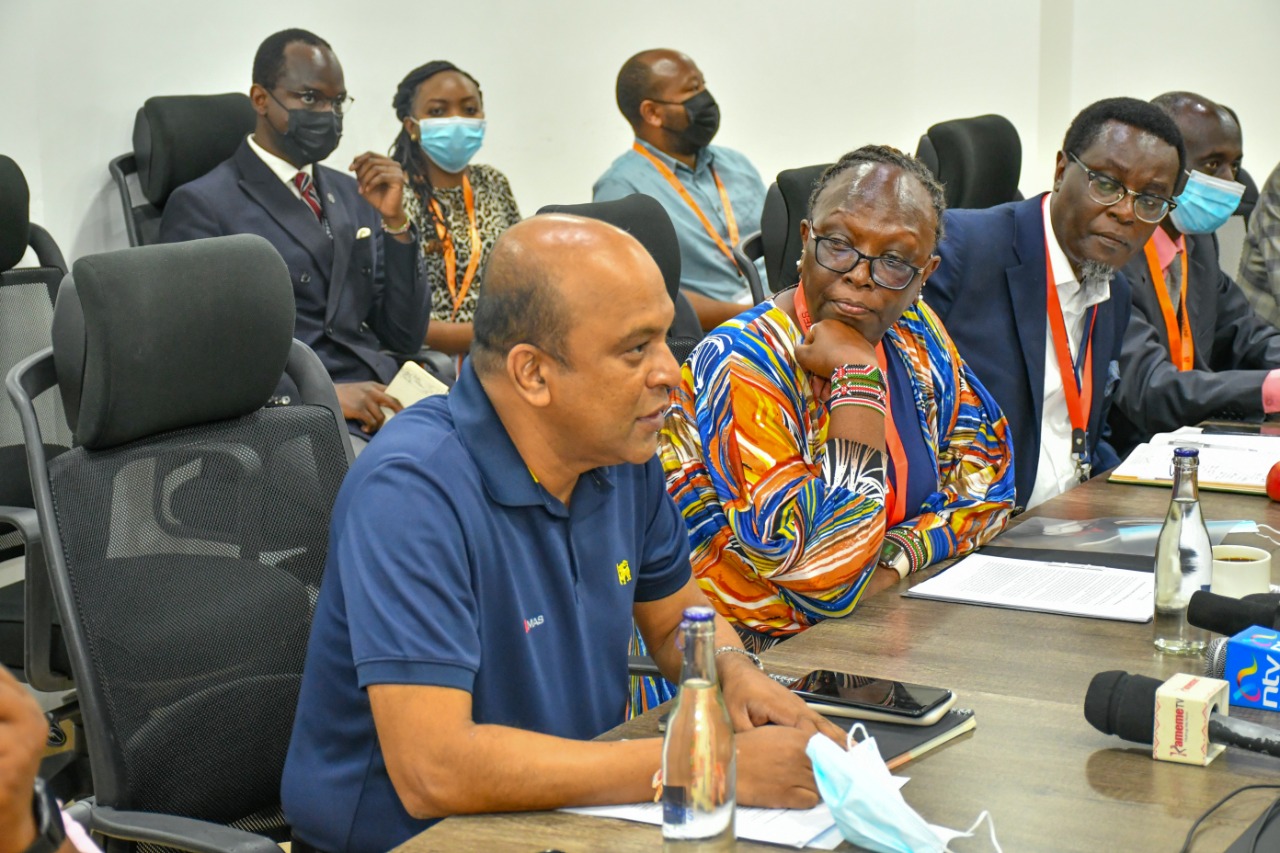
Today Swala Nyeti sheds more light on the sector that continues to connect Kenyans with the international brands and markets and rakes in revenues running into hundreds of billions.
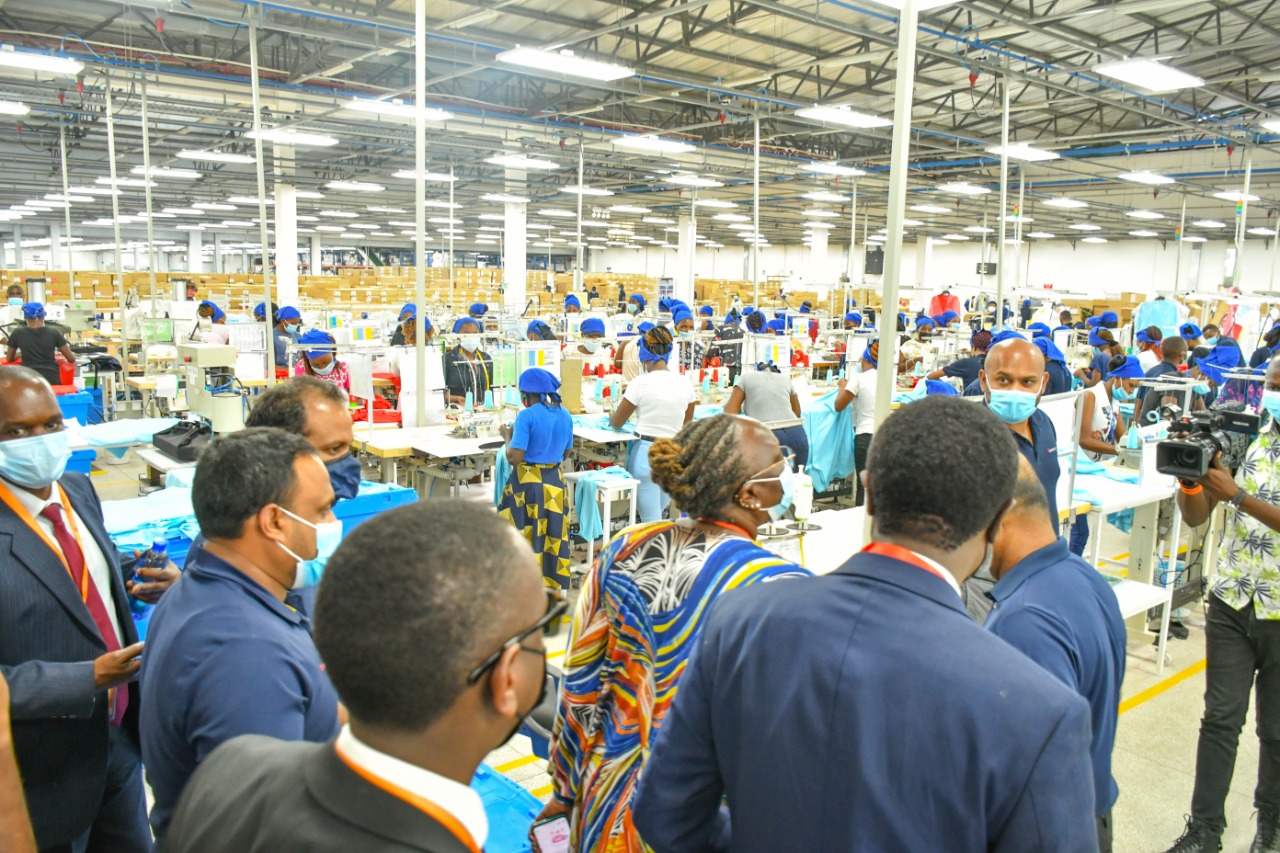
Here are 10 things you probably did not know about the status of the EPZ sector in Kenya;
Read More
1. An EPZ is a gazette designated area which is established by the government to produce goods meant for the export market.
2. Kenya currently boasts of 79 EPZ zones; five of those zones belong to the national government while the remaining 74 are owned and operated by the private sector.
3. EPZs currently employ between 60,000-80,000 people across the country, which represents 12 times the number of people Kenya’s largest company Safaricom employs.
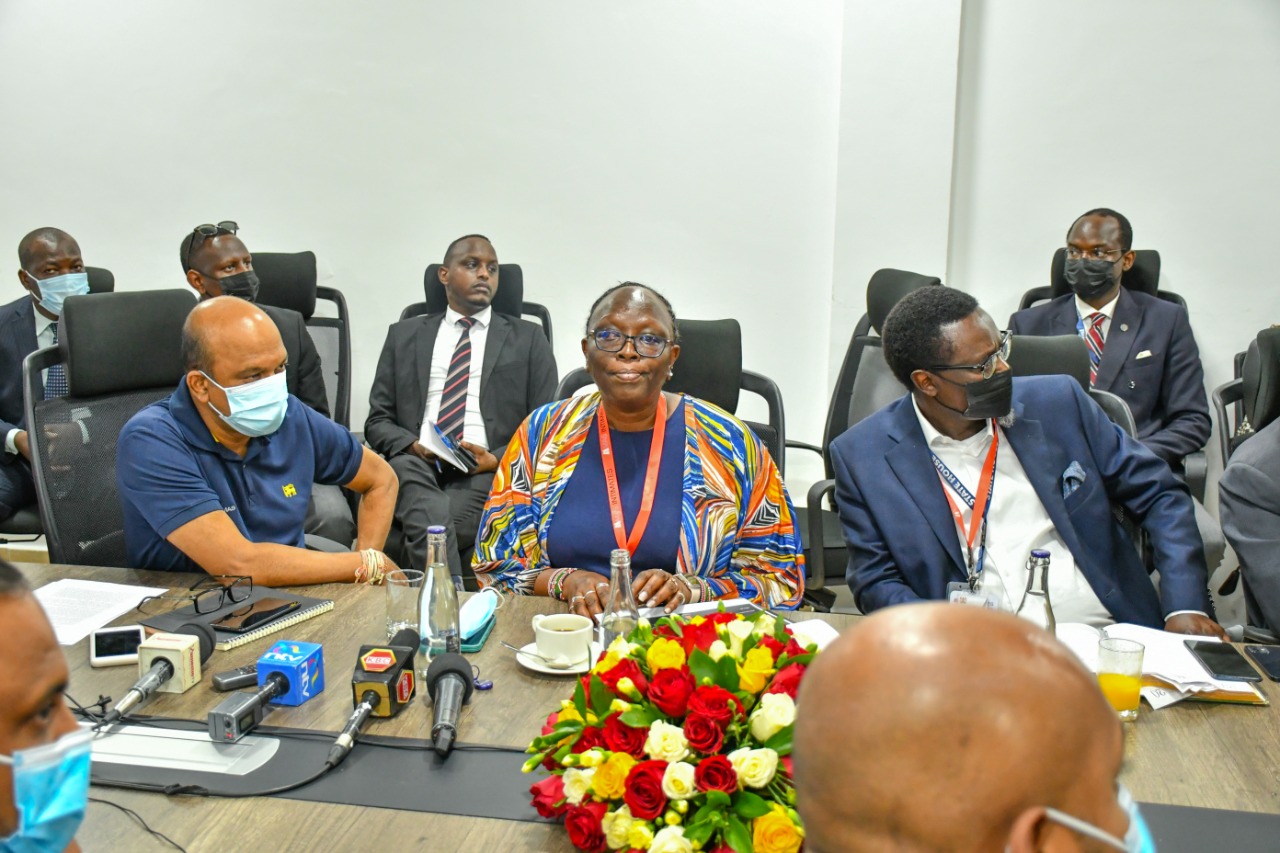
4. The more than 60,000 people employed directly in EPZs in the country and more than 500,000 employed indirectly are equivalent to 62 per cent of Kenya’s civil service.
5. The largest employer of Kenyans is the Athi River EPZ zone, which has employed 20,000 people.
6. The total amount that has been invested in EPZs in Kenya is Sh 116 billion while more than Sh80 Billion has been exported to other countries.
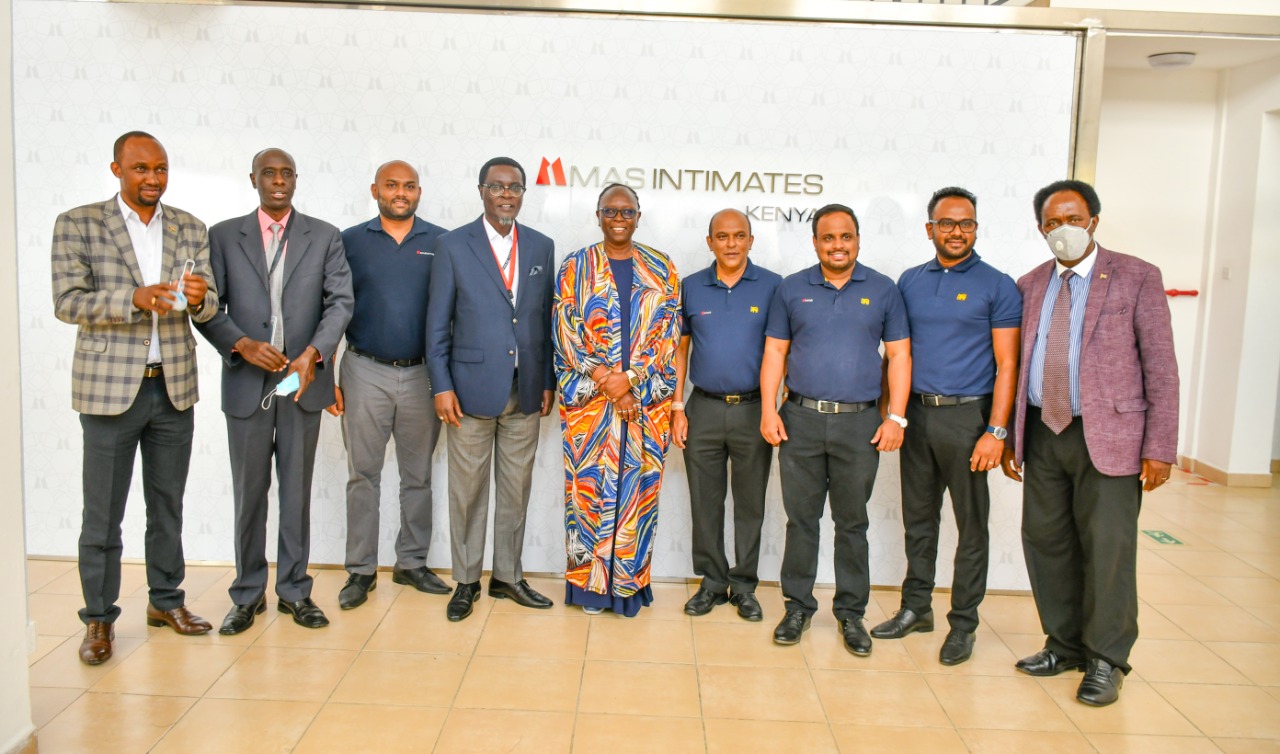
7. 3 out of 5 companies in the EPZ zones are owned by Kenyans.
8. The apparel industry is an easy entry into the global market for Kenya’s agricultural-based economy, where agriculture accounts for 33 per cent of the Gross Domestic Product.
9. The entry of MAS Holdings into the Kenyan apparel industry is a significant venture and soon textile might just overtake agriculture in terms of contribution to the GDP.
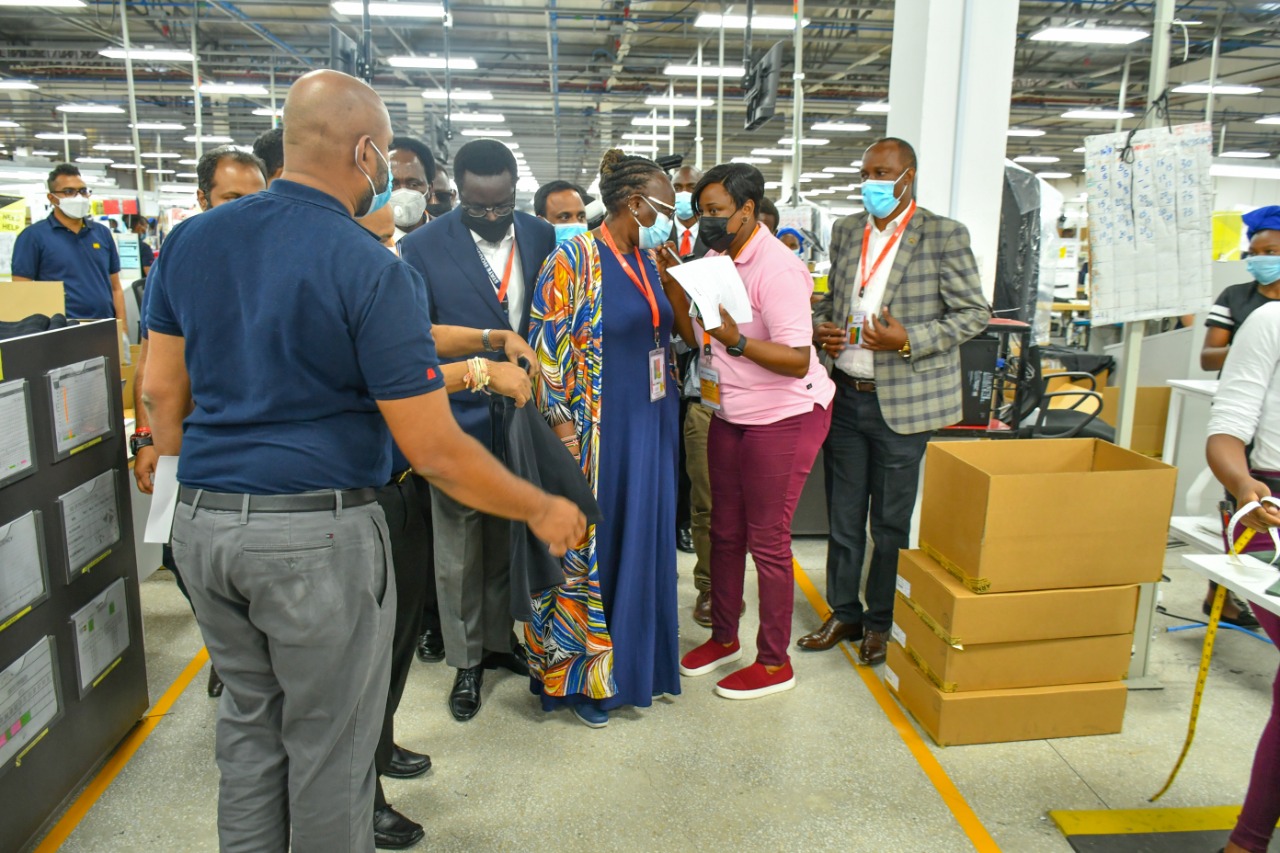
10. MAS Holdings is one of Sri Lanka’s largest apparel manufacturers. The apparel industry employs about 15 per cent of the country's workforce, accounting for about half of the country's total exports.
11. MAS launched its operations at Athi River EPZ in January 2020, employs more than 2,000 Kenyans and has so far shipped more than Sh106 million worth of garments to the US, Canada, Australia, Mexico and Japan with the monthly sales set to surpass Sh880 million by 2025.
12. MAS produces designer brands including Calvin Klein and Tommy Hilfiger and the lobbying for such caliber of international investors was spearheaded by Industrialization, Trade and Enterprise Development Cabinet Secretary Betty Maina.
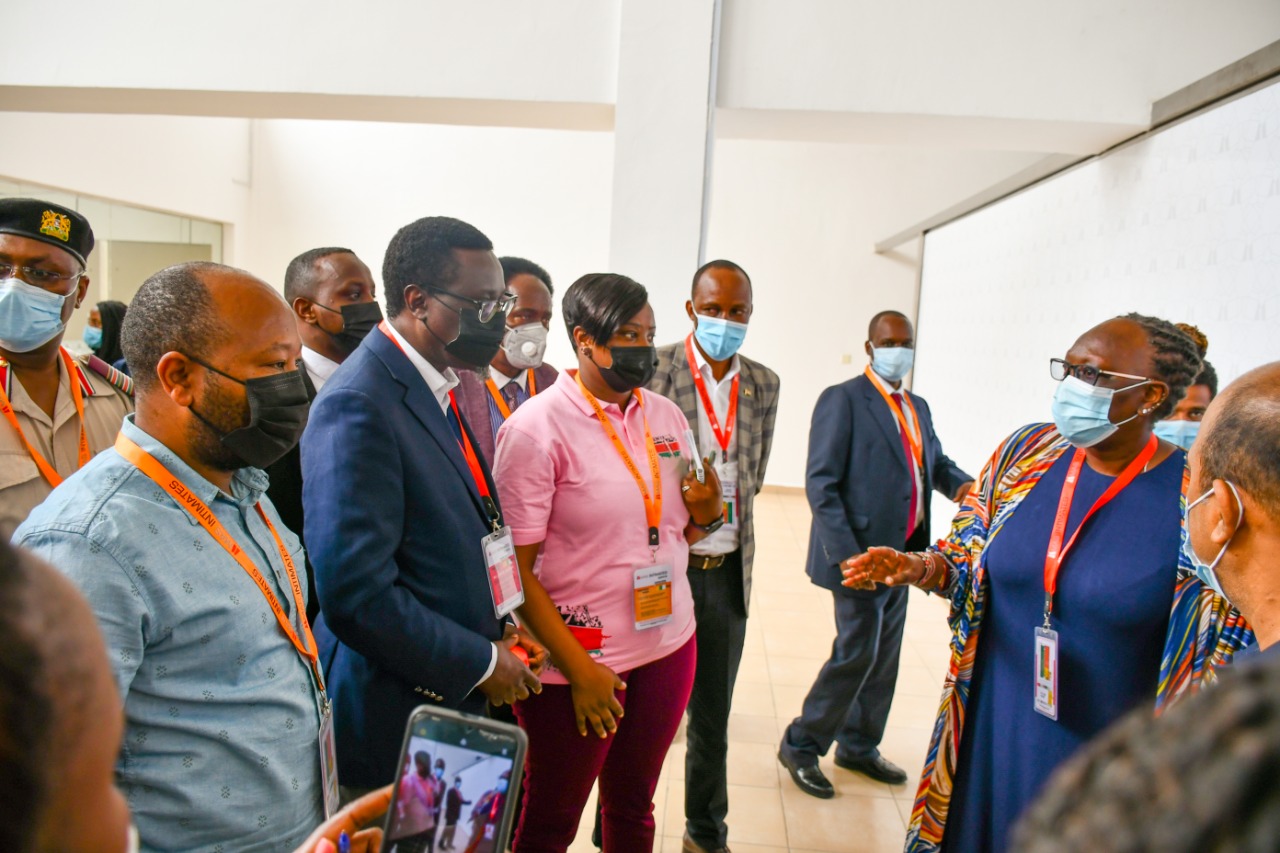
13. MAS Kenya plans to employ more than 3,500 local talents during Phase 1 of its expansion and envisions to double this during Phase 2.
14. Value Addition (manufacturing), which EPZ is a key component of, has been one of the key enablers of the Big 4 Agenda spearheaded by President Uhuru Kenyatta.
15. Value Addition improves incomes for farmers and creates opportunities and wealth along the value chain.

